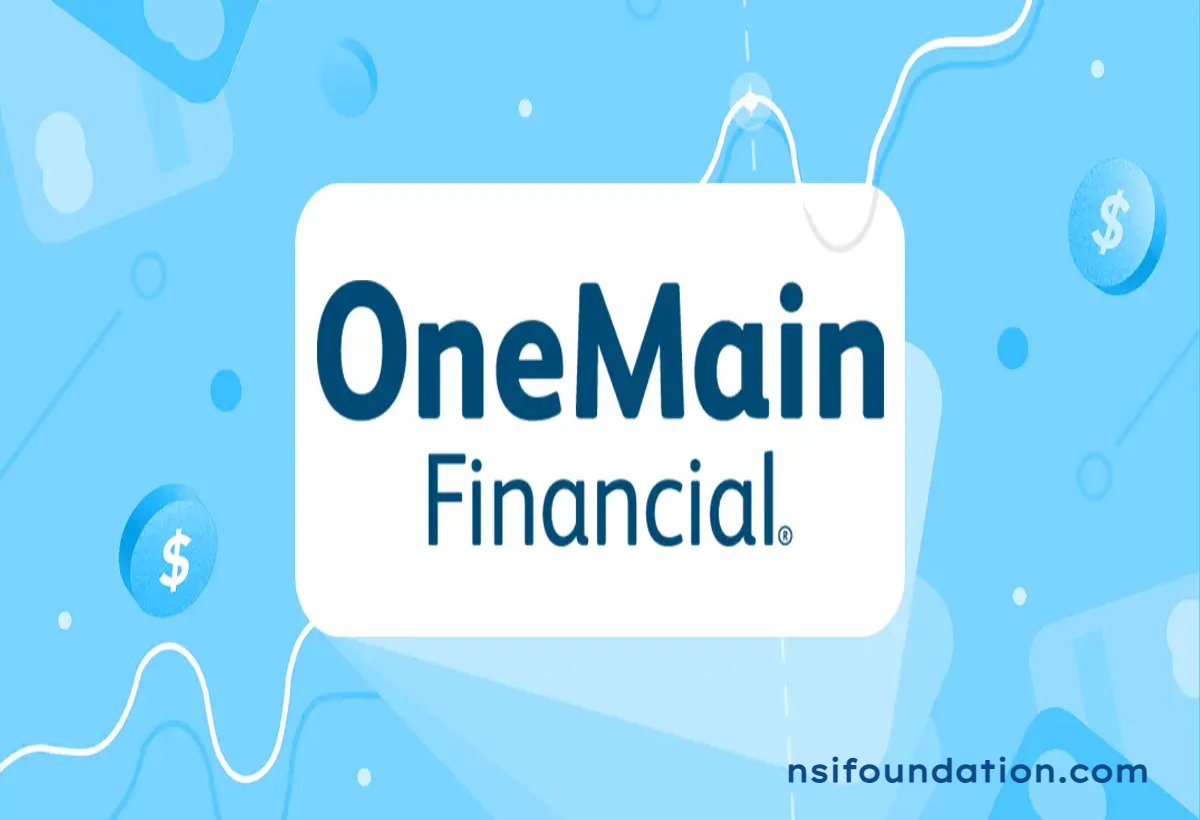In today’s fast-paced world, having a robust financial strategy is now optional but essential. Whether managing personal finances or navigating business assets, a clear game plan can distinguish between economic prosperity and unfortunate setbacks. One key aspect of such a strategy involves choosing the right bank, which can drastically impact your financial journey. Banks help people and companies manage their money by providing various services, from commercial loans and financial advice to personal savings and checking accounts.
Financial literacy is equally crucial. With the finance market evolving rapidly, understanding interest rates, fees, and credit scores is fundamental to making informed decisions. As financial products become more complex, staying proactive and informed is essential for sustained growth, whether preparing for retirement or expanding a business.
Personal Financial Management
Managing personal finances doesn’t have to be daunting. It starts with setting clear financial goals, which serve as a roadmap for navigating the economic landscape. Creating a feasible budget that balances expenses with income while allocating funds for savings is foundational to effective financial management. Utilizing budgeting techniques can streamline this process, providing insight into spending patterns and highlighting areas for potential savings.
Emphasizing cost-cutting measures, such as reducing unnecessary subscriptions or dining out less frequently, can significantly impact one’s financial health. Small lifestyle changes may seem like little. Still, when added together, they can result in significant savings, which can help achieve financial goals like building an emergency fund or stress-free holiday planning.
Tools for Business Finance
Adopting digital tools is integral to optimizing businesses’ financial operations. Today’s sophisticated software platforms offer comprehensive solutions for various financial tasks, including accounting, payroll management, and economic forecasting. These tools facilitate data-driven decision-making, enabling business leaders to pinpoint financial trends and identify growth opportunities with precision.
Comprehensive financial planning software can also proactively predict potential challenges, allowing for the development of effective strategies to mitigate risks before they materialize. From tracking outstanding invoices to managing complex payroll systems, implementing digital solutions enhances business finance’s efficiency and accuracy, empowering sustainable business growth.
Budgeting Vs. Spending
Striking a balance between budgeting and spending is pivotal for maintaining financial health. A realistic budget is an economic blueprint for allocating money to different life areas. However, it’s essential to ensure that this budget remains flexible enough to adapt to unexpected changes, such as emergencies or spontaneous opportunities.
Practicing mindful spending involves making deliberate choices that align with personal or business financial goals. This approach allows individuals and companies to prioritize needs over wants, ensuring that expenditures contribute to long-term financial objectives rather than immediate gratifications that offer little future security.
Investment Basics
Investing opens doors to potential financial growth and is essential to any robust monetary plan. Before investing, one must evaluate risk tolerance and financial goals to determine the best strategy. As Forbes emphasizes, asset diversification, which involves spreading investments across different asset classes, mitigates risks while maximizing potential returns.
Building a well-balanced portfolio requires a thorough grasp of various investment vehicles, from stocks and bonds to mutual funds and real estate. An informed investment strategy contributes significantly to securing financial stability and achieving long-term goals.
Global Financial Trends
Staying attuned to global financial trends provides insights that can enhance personal and business financial strategies. Economic shifts, geopolitical events, and technological advancements often significantly impact global markets, affecting everything from interest rates to asset valuation.
Trends like the rise of digital currencies, fintech innovations, and the increasing importance of ESG (Environmental, Social, and Governance) criteria are reshaping how we approach finance. Understanding these patterns helps people make well-informed decisions and allows people and companies to adjust quickly to the always-changing economic environment.
Future of Sustainable Finance
As global awareness of environmental challenges grows, the finance industry increasingly pivots toward sustainability. This shift reflects a broader societal trend toward ethical responsibility, with more individuals and businesses seeking to align financial goals with values.
Sustainable finance, which includes ethically responsible investments and green financing, offers numerous opportunities for making impactful investments. Green bonds, renewable energy investments, and other sustainable solutions are expected to dominate the market as it develops since they offer the opportunity to make a beneficial environmental and financial impact. With these advancements, the future of finance integrates sustainability as a cornerstone of strategic financial planning.





